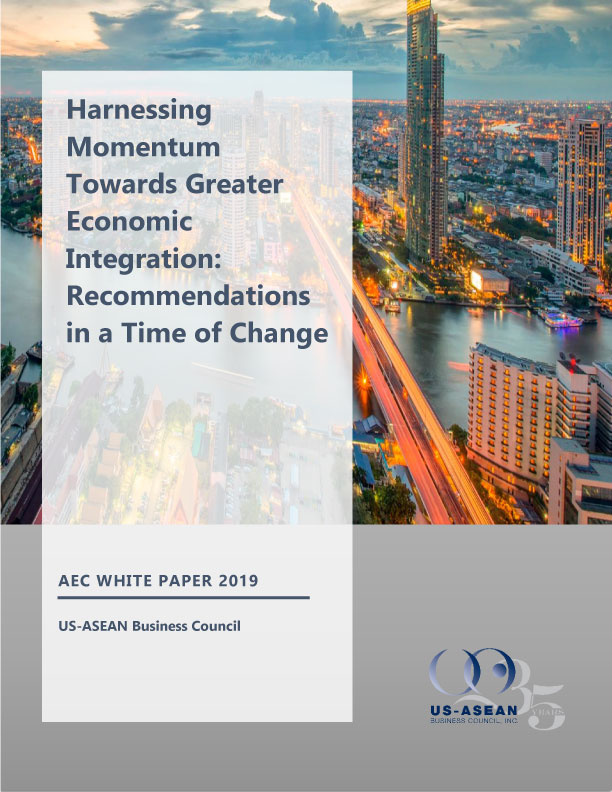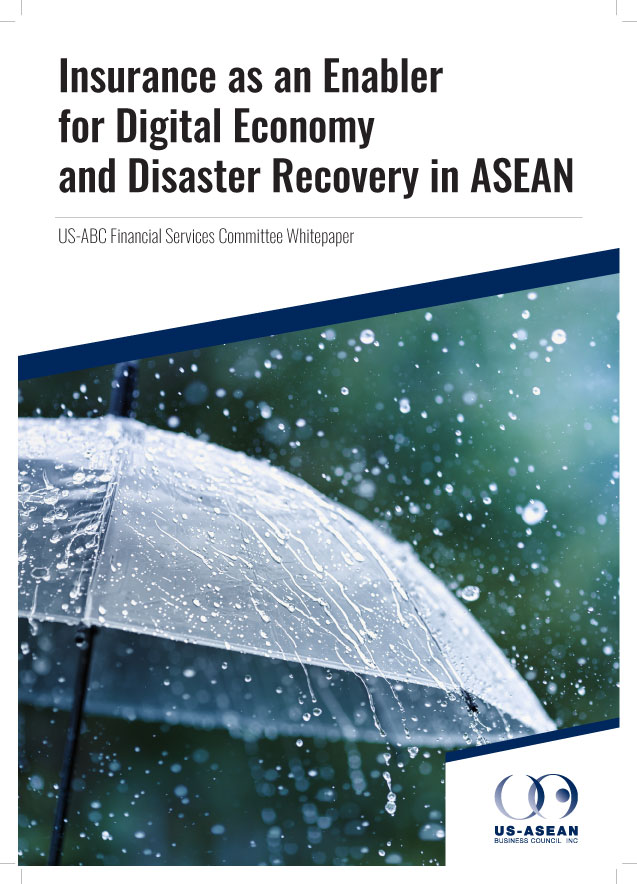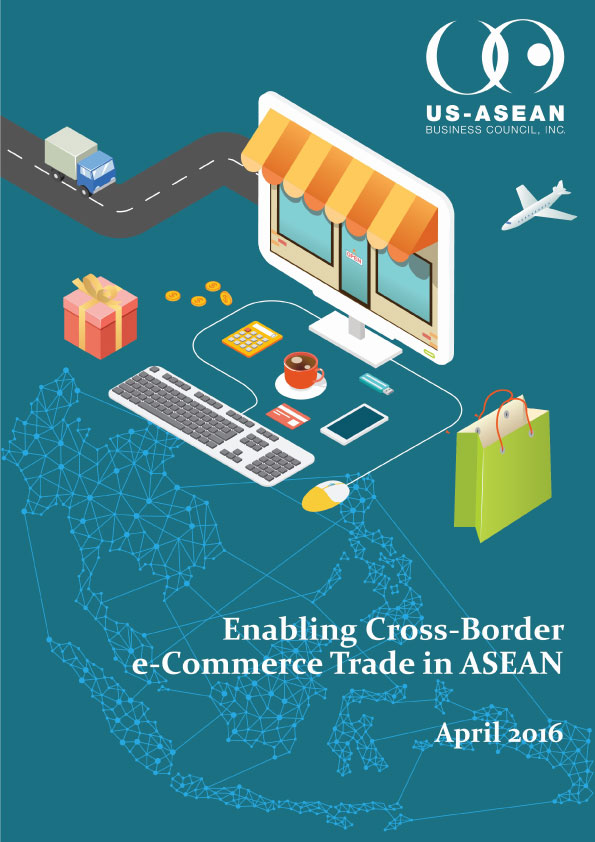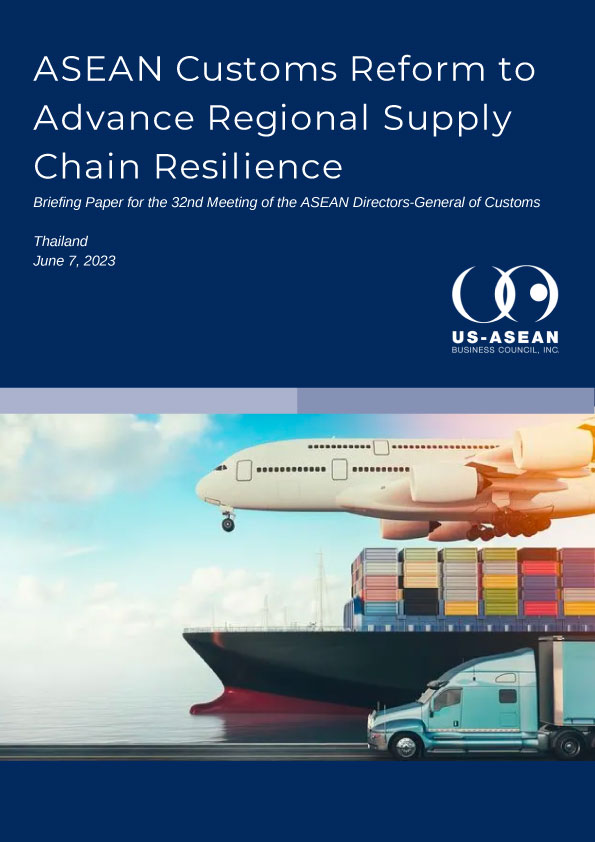ASEAN Nations to Deepen Regional Collaboration on Energy Transition and Carbon Neutrality

At the 41st Senior Officials Meeting on Energy (41st ASEAN SOME), Arifin Tasrif, Indonesia's Minister of Energy and Mineral Resource Management emphasized the importance of expanding collaboration between ASEAN countries to meet the region's ambitious climate goals. The minister highlighted that critical technologies required to make energy transitions possible are vastly more mineral intensive than their carbon-based predecessors. Electric vehicles, for example, require six times more mineral inputs than gas-powered cars. Windmills similarly require 13 times more mineral resources than gas-powered plants of the same size. Indonesia has emphasized that this collaboration will play a critical role in assuring energy security, a goal viewed as equally important to the transition itself. Arifin referenced the Trans-ASEAN Gas Pipeline (TAGO) and the ASEAN Power Grid as examples of cross border regional collaboration that both accelerate the use of renewable energy and ensure that countries in the region have reliable and robust energy sources.Following the 12th informal ASEAN Ministerial Meeting on Science, Technology, and Innovation (IAMMSTI-12) in Brunei Darussalam, ASEAN announced plans to create a task force focused on achieving carbon neutrality in the region. The task force would focus on establishing best practices and fostering collaboration and expertise sharing to accelerate the region's transition towards neutrality. Implementation of the mechanisms used to achieve these carbon neutrality goals is unclear. However, plans to establish the task force demonstrate the increasing consensus in the region regarding the need for collaboration in achieving the region's ambitious climate goals. Eight of the blocs ten nations have set goals to achieve net zero emissions or carbon neutrality by 2050, and Indonesia aims to achieve net zero by 2060. However, given the various advantages and challenges faced by the region’s individual member states, many countries in ASEAN view this regional collaboration as essential. These statements by Tasrif at SOME as well as these plans to establish a task force on carbon neutrality indicate the increasing consensus that regional collaboration will be the cornerstone of any successful renewable transition.







